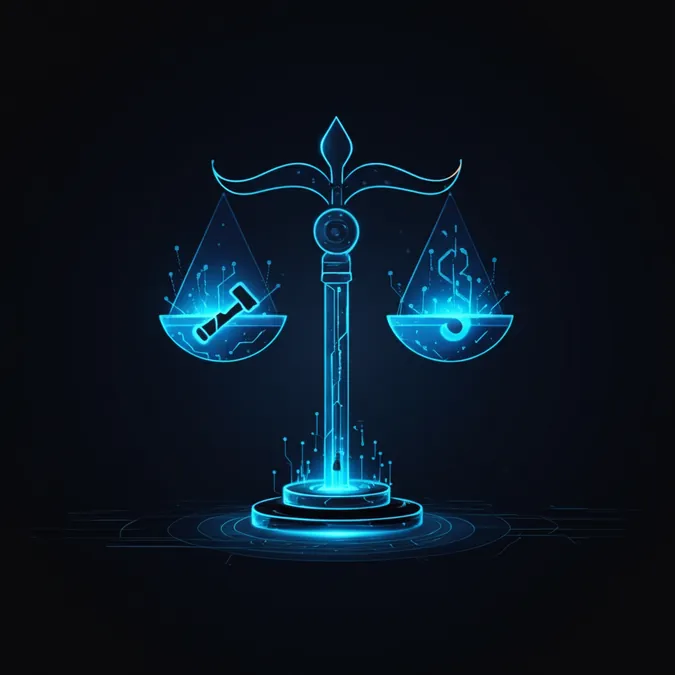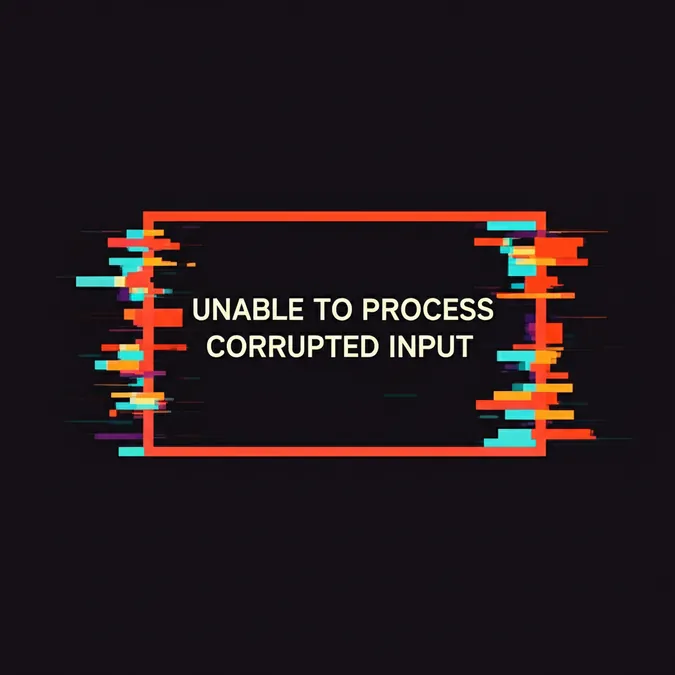Developer Offer
Try ImaginePro API with 50 Free Credits
Build and ship AI-powered visuals with Midjourney, Flux, and more — free credits refresh every month.
How Congress Is Quietly Using ChatGPT and Grok
While Capitol Hill has a reputation for being slow to embrace new technology, a significant shift is underway. Members of Congress from both sides of the aisle have begun integrating artificial intelligence into their daily work, using tools like ChatGPT and Grok for everything from crafting speeches to conducting complex research.
An AI Ghostwriter on Capitol Hill
In December, a particularly sharp analogy about foreign aid from Rep. Thomas Massie (R-KY) caught fire among his supporters. "US foreign aid spending is like watering the neighbor's yard while your house is on fire," he posted on X. The line was so effective it was later featured in an Instagram post by a student group. The original author, however, wasn't Massie himself—it was Grok, the xAI-developed chatbot.
Massie revealed he often prompts the AI to generate text in his voice, sifting through the output for gems. "Out of five paragraphs, I'll find one sentence that's good," he said. "But it makes it worth doing."
This practice isn't limited to one party. Rep. Ro Khanna (D-CA) told reporters he has started using ChatGPT "almost like an editor" to make his messaging more effective. "I'll type in some phrases and say, can we make this more punchy?" Khanna explained, noting that a few AI-edited lines in a recent speech earned high praise.
A Bipartisan Research Assistant
Beyond speechwriting, lawmakers are finding AI to be a powerful tool for research. Khanna uses ChatGPT and Grok multiple times a day, while Massie turns to the chatbot for "anything."
Sen. Ron Johnson (R-WI) has been consulting with Grok while working on his proposed "Big Beautiful Bill" to cut federal spending. He finds the technology useful for calculating the bill's impact and locating supporting documents. "It's really great at identifying sources without me having to crawl around in government forms," Johnson said.

Similarly, Sen. Ted Cruz (R-TX) described using ChatGPT as an "enhanced search engine." He recently used it to trace his own legislative history on a policy issue. "It gave a very thorough answer, going back to an interview I'd done in 2012 and a comment I'd made in 2014," Cruz remarked. "That research previously would have required some staff assistance, spending hours and hours, and you still wouldn't have found anything."
Navigating the Risks of AI Hallucinations
Despite the benefits, the technology's well-known flaws are a major source of concern. Large language models are prone to presenting false information as fact, a phenomenon known as "hallucinating."
For Sen. Elizabeth Warren (D-MA), this unreliability is a dealbreaker. "It lies," she stated bluntly. "I've tried using it, and it gets things wrong that I already know the answer to. So when I see that, I've lost all confidence."
Sen. Chris Murphy (D-CT) has also been underwhelmed. He recounted asking ChatGPT for a simple list of his Democratic colleagues alphabetized by first name, only for the AI to include retired senators. "It seems to be impressively good at certain things and pretty miserable at some things," Murphy concluded.
Even the technology's most avid users are aware of its pitfalls. "My chief of staff has astutely warned me that AI is often confidently wrong," Sen. Johnson admitted. Rep. Massie shared his own cautionary tale: "It told me there was a Total Wine and More in Ashland, Kentucky, and no such thing exists."
This mirrors the experience of the general public, where many are learning to harness AI's power while remaining vigilant about its potential for error. As more lawmakers follow this trend, they too are learning to balance the promise of efficiency with the peril of confidently delivered misinformation.
Compare Plans & Pricing
Find the plan that matches your workload and unlock full access to ImaginePro.
| Plan | Price | Highlights |
|---|---|---|
| Standard | $8 / month |
|
| Premium | $20 / month |
|
Need custom terms? Talk to us to tailor credits, rate limits, or deployment options.
View All Pricing Details

